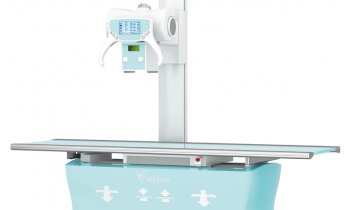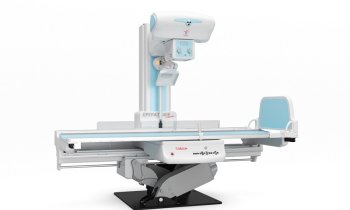Pulse oximetry - screening tool in newborn babies
A research carried out at six hospitals in the West Midlands, UK, is evaluating the use of pulse oximetry as a screening tool for congenital heart disease in newborn babies. Approximately three percent of infant deaths are caused by these significant heart defects and at the moment only less than half of the affected babies are identified by clinical examination, the current screening technique.

The research, that is commissioned by the Health Technology Assessment (HTA) programme, a programme of the National Institute for Health Research (NIHR), is led by Dr Andrew Ewer, University of Birmingham, UK. The expert and his team investigate wheter pulse oximetry screening is a more effective test than clinical examination performed shortly after birth.
During the clincal examination doctors listen to the heart with a stethoscope, check the breathing and pulses, as well as the baby’s color for signs of cyanosis. The researchers think that measurement of the concentration of oxygen in the blood can be an effective indicator for an existing heart problem. A previous HTA-funded review published in Health Technology Asessment Vol 9.44 concluded that pulse oximetry is a promising method for screening for heart defect in newborn baby’s, but that further evaluation was needed.
"Recognising life-threatening heart abnormalities in newborn babies early is vital, as deterioration with some treatable problems may be sudden, resulting in death before diagnosis," explains Dr Ewer. “We hope this research will identify an effective and cost-effective method for improving the chance of survival for many newborns affected by congenital heart disease," he concludes.
For more information about this research, please click here.
16.12.2007











